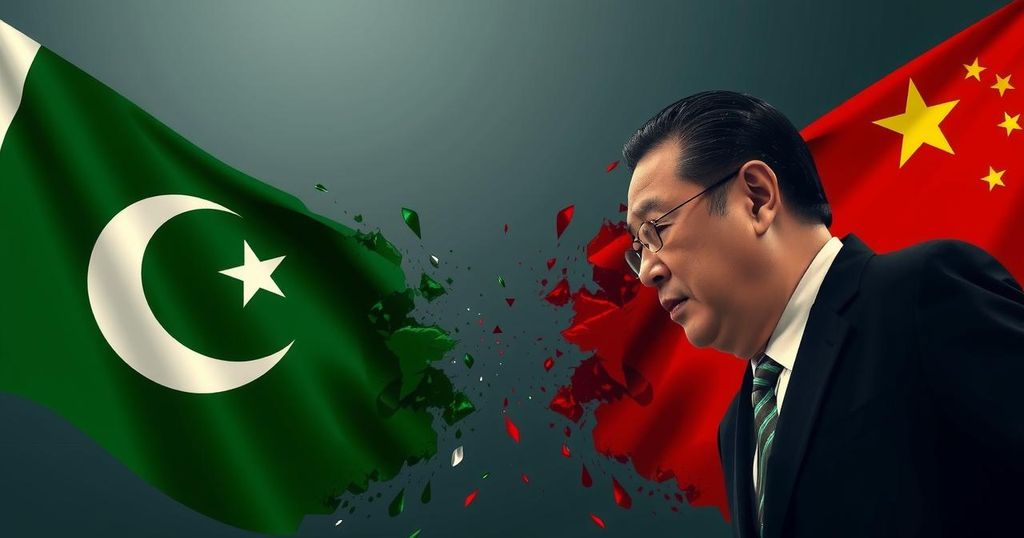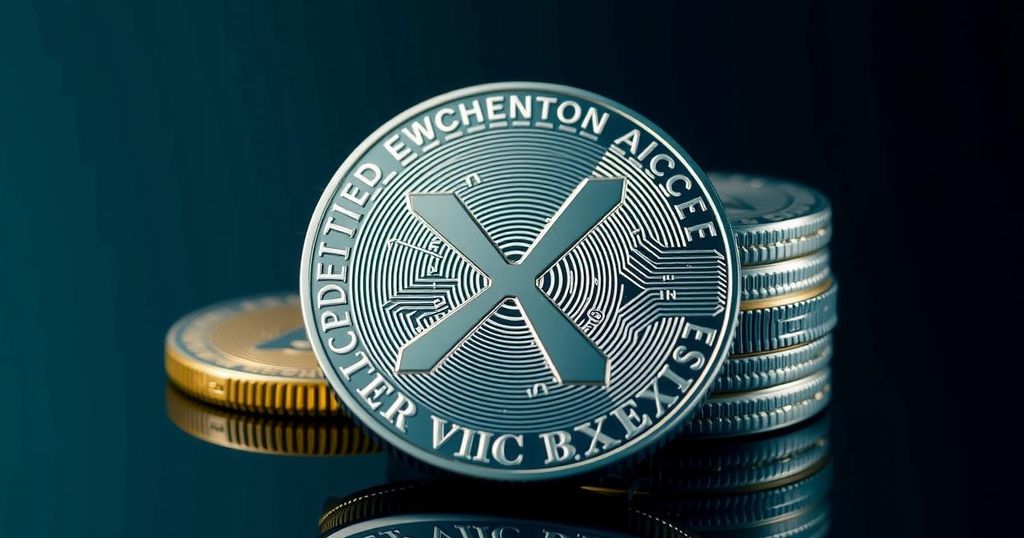Pakistan’s Optimistic Talks with China on Debt Reprofiling
Pakistan’s Finance Minister reports encouraging discussions with China about extending the maturity of debt linked to the Belt and Road Initiative. The aim is to alleviate financial pressures and reduce electricity costs. Recent stabilization efforts include a new IMF loan and debt rollovers, but Pakistan must enhance its tax-to-GDP ratio to lessen future reliance on the IMF.
Pakistan’s Finance Minister, Muhammad Aurangzeb, has expressed optimism regarding discussions with China over extending the maturity periods of debt related to the Belt and Road Initiative. This negotiation seeks to alleviate financial pressures on Pakistan, which has been challenged by high borrowing costs in recent years. In an interview held during the annual meetings of the International Monetary Fund and World Bank, Aurangzeb highlighted that the government is specifically aiming to lengthen maturities for debts incurred for power plants, which would allow for a reduction in electricity tariffs. Pakistan has witnessed a significant increase in electricity costs, some tripling within a few years, ultimately burdening households economically. Aurangzeb underscored that the dialogue with Chinese officials commenced relatively recently, with preliminary responses proving to be favorable. He mentioned the necessity of maintaining a disciplined fiscal approach to improve the tax-to-GDP ratio, which currently stands below 10%, in order to reduce reliance on the IMF moving forward. Pakistan has engaged in 25 programs with the IMF over the years, indicating a significant borrowing history. In addition to these discussions, the recent economic environment has displayed signs of stabilization for Pakistan. Following the establishment of a new $7 billion loan program with the IMF, the country successfully negotiated a rollover of $16 billion of its $26 billion debt obligations due this fiscal year. Furthermore, Pakistan aims to introduce tax measures focusing on previously resistant sectors such as retail and agriculture, with legislative actions anticipated by January. The country has been a critical participant in China’s Belt and Road Initiative, which has previously played a vital role in resolving its prolonged electricity shortages. Currently, Pakistan seeks to defer debt for nine power plants constructed by Chinese firms under this initiative. Concurrently, improvements in consumer price indexes have been recorded, alongside a notable recovery in foreign investor interest, showcased by a 70% rise in the benchmark stock index over the past year. Moreover, the central bank’s recent reduction of the policy interest rate to 17.5% adds to the positive indicators, with forecasts suggesting further cuts may follow.
The context of Pakistan’s request to China revolves around the country’s ongoing efforts to manage its economic challenges stemming from previous high-cost borrowing. The Belt and Road Initiative, launched by China, has facilitated significant investments in Pakistan, specifically in energy infrastructure, which has addressed critical electricity shortages. However, the financial obligations incurred have put a strain on Pakistan’s economy, particularly as electricity rates surge and the nation finds itself in need of refinancing options to stabilize its fiscal situation.
In summary, Pakistan is engaged in promising discussions with China regarding the restructuring of its debt associated with the Belt and Road Initiative. The government’s focus on extending maturities aims to relieve financial burdens on the populace, specifically in reducing soaring electricity costs. With recent support from the IMF and a demonstrated commitment to enhance taxation measures, Pakistan seeks to establish a more stable economic foundation moving forward. Ongoing negotiations are pivotal as the country aims to balance its borrowing needs while embarking on a path toward fiscal discipline and economic recovery.
Original Source: www.livemint.com








Post Comment